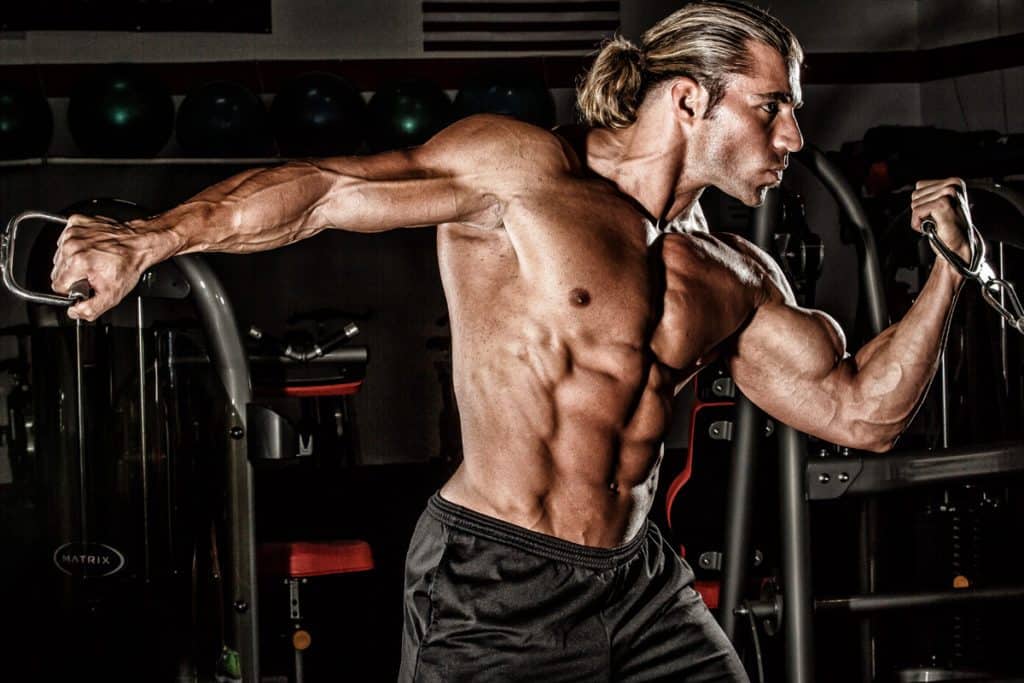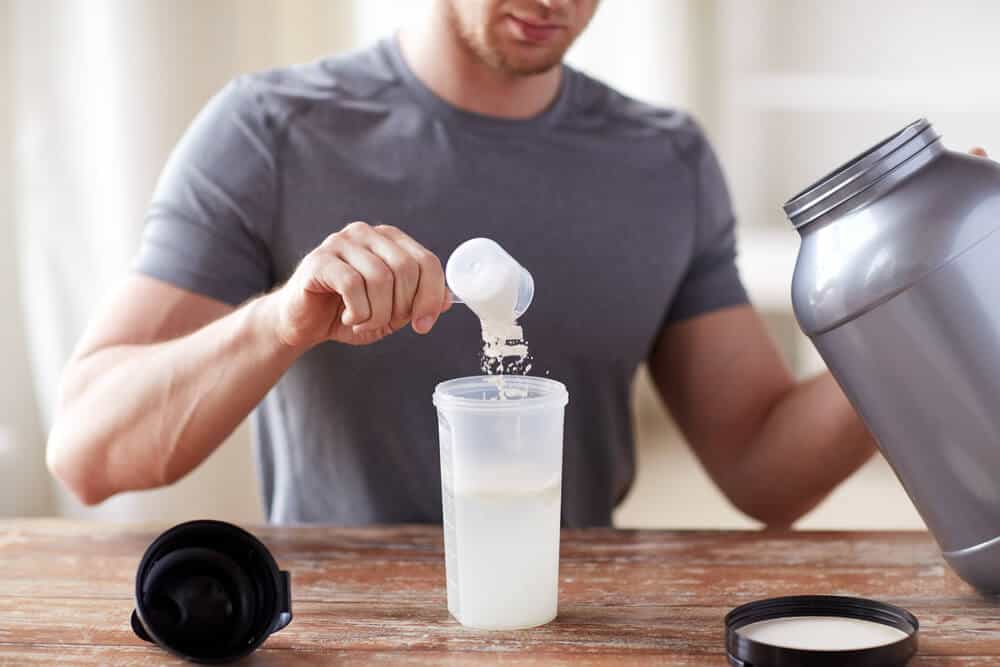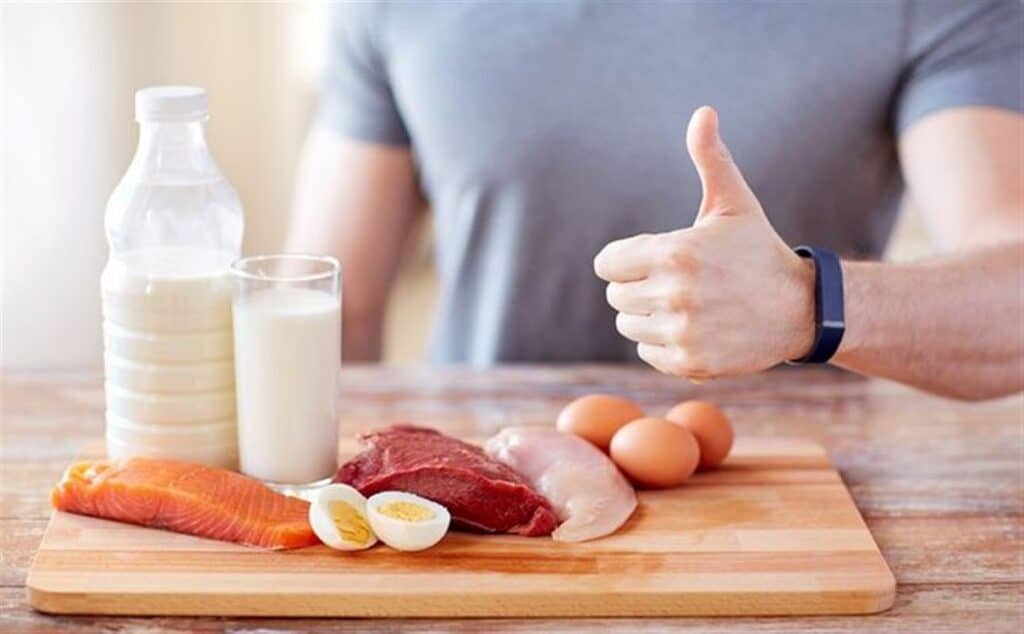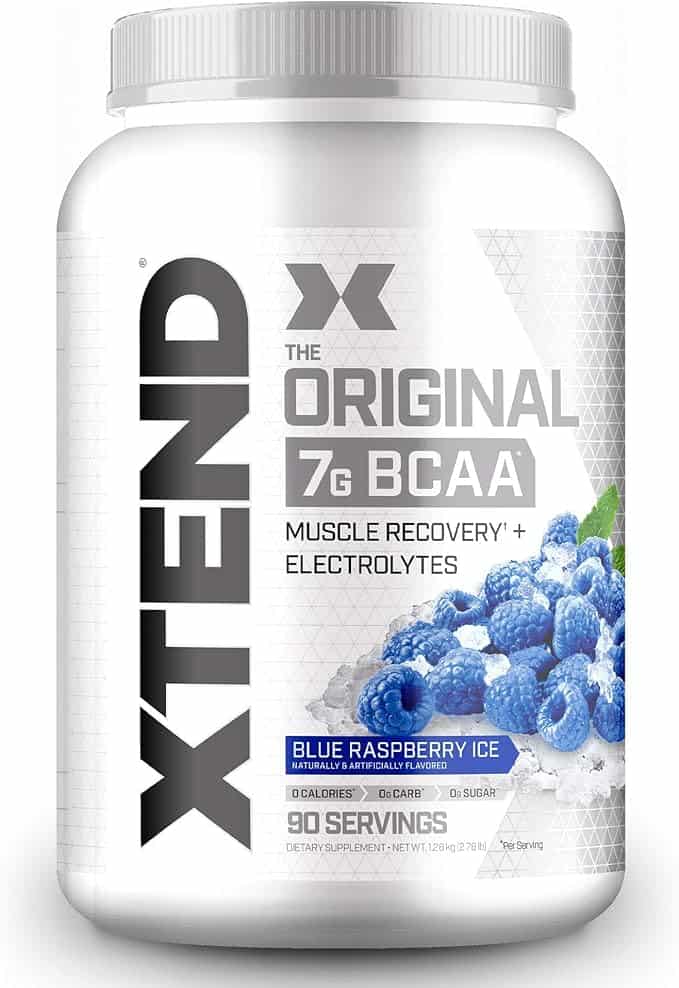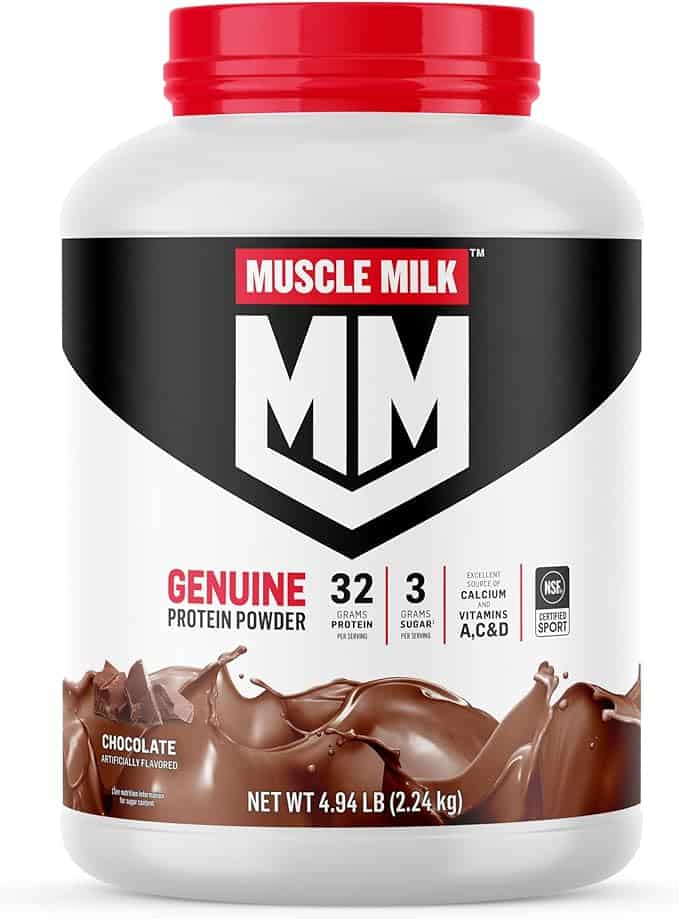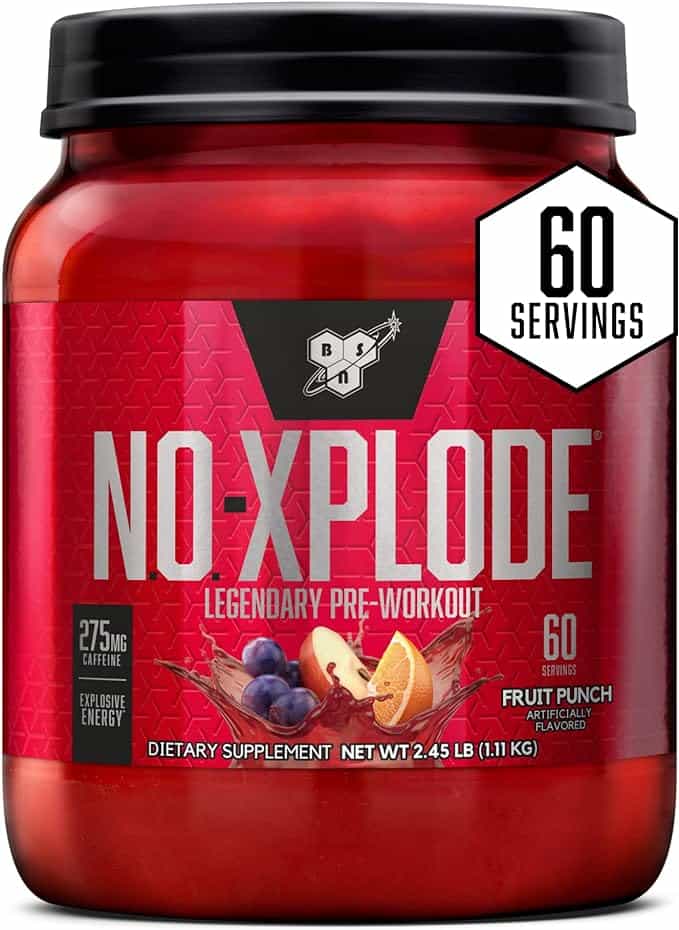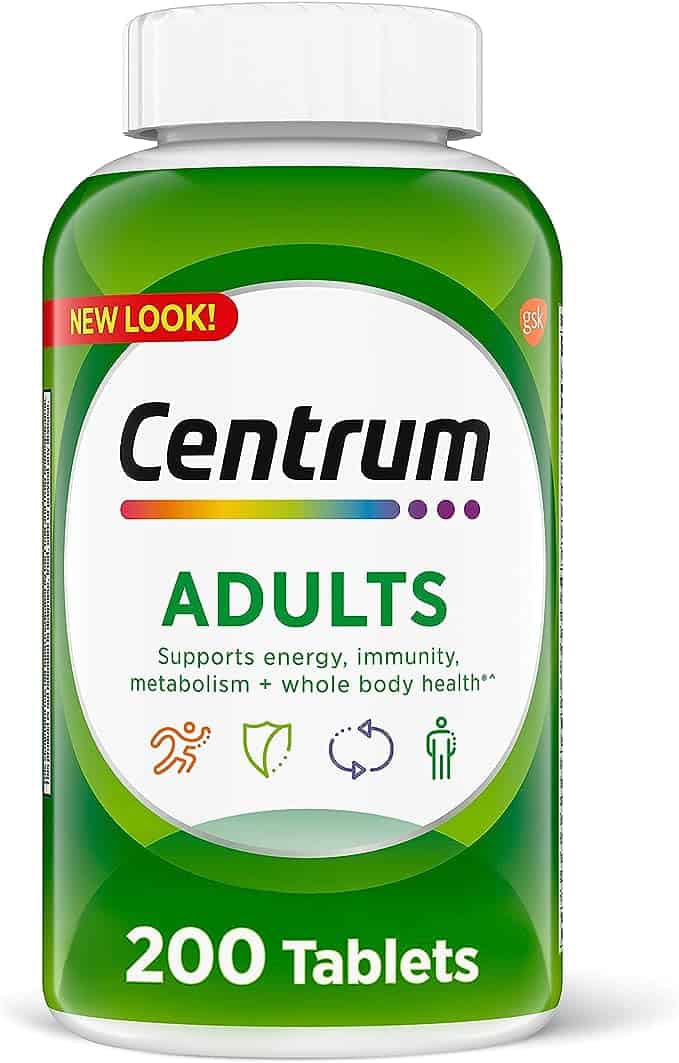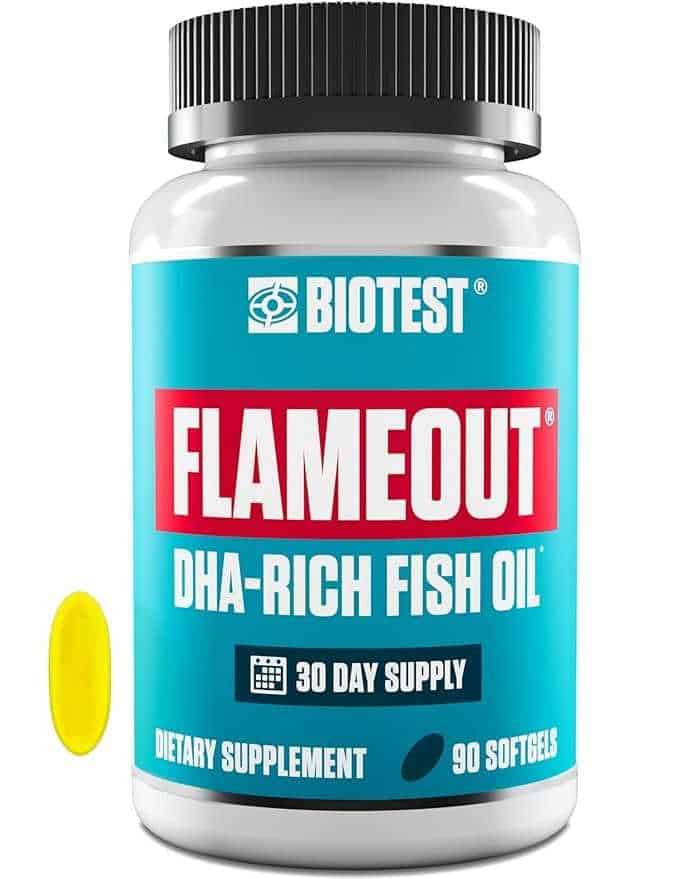Building muscle is part of every fitness journey. While strength training plays a big role in achieving ripped abs, strong calves, or Popeye biceps, sufficient high-quality protein intake is essential for weight loss and optimal muscle growth. This is because amino acids in protein act as building blocks to repair muscle tears that occur during exercise, support muscle tissue, and help you feel full longer which fuels muscle mass development.
Research shows that proper protein intake is important for muscle growth because it increases muscle mass, optimizes the metabolism when consumed at the right time, and burns fat layers under the skin to help with better muscle definition to show off those gains.
Check out the 3 ways adequate protein intake can boost your muscle growth.
1. Protein Intake Boosts Strength and Muscle Mass
According to Healthline, animal and plant proteins form the building blocks of muscle tissues. As a result, eating enough protein can help you build and sustain muscle mass while doing strength training. Many studies have found that eating enough protein several times per day can make you more toned and stronger.
While most people get adequate protein in their daily diets, some people, especially those who are active, trying to build muscle, or lifting weights, can experience better results from increasing their protein intake. If you’re also trying to get rid of fat without burning muscle, boosting protein consumption can help you lose weight without losing muscle.
Since muscle tissue is mostly made up of protein, try eating more protein with each meal from good, lean meat or plant-based protein sources. You can also try adding a protein powder for muscle gain to your routine, click here to see what are the best options for protein supplements in 2023.
2. Protein Intake Improves the Metabolic Process
A revved metabolism is another way sufficient protein intake can help make the most out of your workouts and push you toward your fitness goals. Keep in mind that this doesn’t mean that your metabolism will automatically work at the optimal level 100% of the time. But upping your protein intake can improve digestion for a short time after eating.
Good quality protein supports a better metabolism because your body digests calories and extracts nutrients from them in the thermic effect of the food digestive process. The problem is that not all foods, such as carbs or fat, convert into higher thermic effects as protein does.
For example, a carb has only a 5 to 15% thermic effect compared to 20 or 35% for protein. This means that your body can digest protein more efficiently than other kinds of calories and extract more nutrients from it. This results in more muscle growth and less fat or carbs converted into fat storage.
Consuming a high level of protein will also help increase how many calories you burn. One research group determined that a group that consumed high protein burned as much as 260 calories more each day than a group that only ate a low-protein diet. This whopping amount burned is equal to exercising moderately for an hour a day.
With your metabolism humming smoothly, you’ll start to see fat loss and corresponding muscle definition as muscle mass is maintained while fat deposited under the skin starts to disappear.
3. Protein Intake Jumpstarts Fat Burning with the Right Timing
Now that you know the crucial role that protein intake (plant or animal-based) plays in muscle growth, it’s time to maximize those benefits by paying attention to when you eat protein during the day. Stimulate the muscle protein synthesis (MPS) process by combining strength training with calculated protein intake.
Muscle protein synthesis drives muscle maintenance, repair, and recovery, and it’s essential for those looking to maintain and grow muscle.
Those who want to bulk up should try to evenly spread their protein consumption out over the day through each meal and snack.
In contrast to the popular pattern of eating a small amount of protein at breakfast, a little more at lunchtime, and a heavy protein meal at supper, keeping protein levels higher and more consistent throughout the daytime can help burn more fat. Consider eating a snack before bedtime that contains around 25 grams of protein to encourage MPS while you sleep for even more benefits.
Animal and plant-based protein sources are necessary building blocks for the MPS process. At the same time, the body doesn’t digest and absorb all protein intake at equal rates. That’s why it’s advised to consume a variety of good protein sources to extend amino acid release into your body for optimal muscle-boosting results.
Final Thoughts
It’s possible to increase muscle mass without consuming animal proteins. While it can take more work and planning, vegetarians or vegans can eat enough plant-based protein to maintain muscle growth.
According to research from the National Library of Medicine, moderately active and healthy adults should consume around 0.8 grams of protein intake per kilogram of their body weight. This breaks down to receiving 10 to 35% of calories each day from protein. For example, if you eat 2,000 calories each day, make sure to include 50 to 175 grams of protein.
People who are highly active or trying to expand their muscles should aim to consume even more protein. Failing to eat enough protein while doing intense training sessions or lifting exercises can have the opposite effect and reduce muscle mass.
Boosting protein consumption above the Recommended Daily Allowance (RDA) and combining this with resistance exercises can fuel lean body mass and increase overall muscle strength.
Tags: build muscle, building muscle, gain muscle, muscle gains, nutrition, protein, protein intake, Supplements




